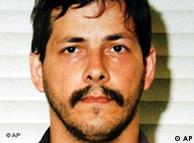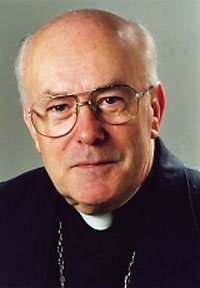Der Spiegel recaps the events in Belgium. Cardinal Danneels can’t imagine why anyone thinks he didn’t act properly in handling allegations of sexual abuse. But
A few days after the police raids in Mechelen, a dozen men gathered on the steps of the cathedral in Brussels. Ten years ago, on Jan. 25, 2000, they said, they along with eight other men told Archbishop Danneels how they had been abused by Belgian clergymen. Danneels had turned them away. He couldn’t know, he said at the time, whether they were telling the truth or if it was pure fantasy. Then he urged them to keep quiet about it because their prattle would damage the Catholic Church.
Danneels was no better, maybe worse, than other bishops. He is a leading “progressive” in the Church, and his fans hoped he would be the new John XXIV, further modernizing eh Church and making it fit better with the modern European ethos.
Der Spiegel tries to fit the disagreements about how to handle sexual abuse into a liberal-conservative conflict:
This has led to a power struggle between liberal and conservative forces in the Vatican. The conservatives in the church state see the zero-tolerance policy of US bishops as a means of curtailing the rights of accused priests. By contrast, liberal spirits are pushing to rapidly investigate and refer cases to secular authorities.
This liberal-conservative dichotomy is inadequate for an understanding of what is going on. A better framework would be seeing on one side those who want to maintain the reputation and privileges of the clergy (let us name them the clericalists) and on the other side those who want a purification of the clergy and of the Church.
Some of those who want a purification, like Cardinal Schönborn, are closer to Catholic Reformers like Pope Pius V (another Dominican), Teresa of Avila, John of the Cross, and Charles Borromeo. They do not want to conform the Church to the world, but cleanse it of the rottenness that is a barrier to the preaching of the Gospel and the cultivation of a life of holiness.


